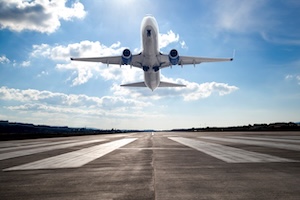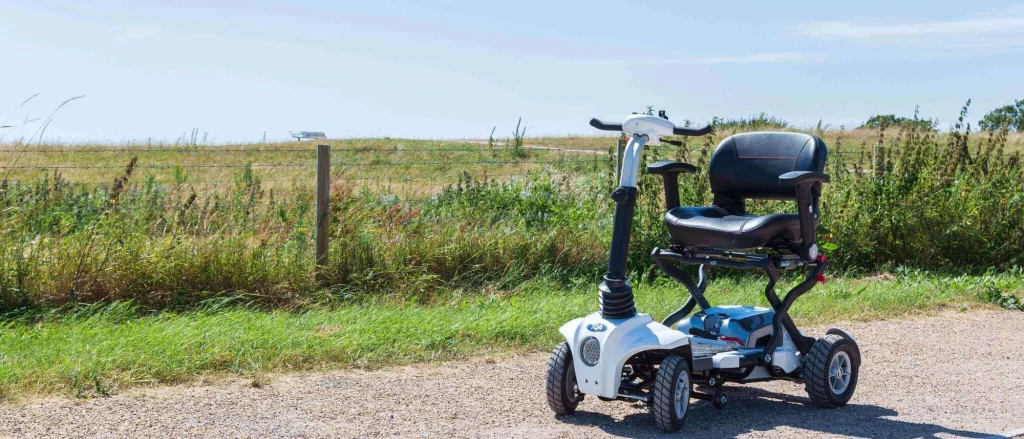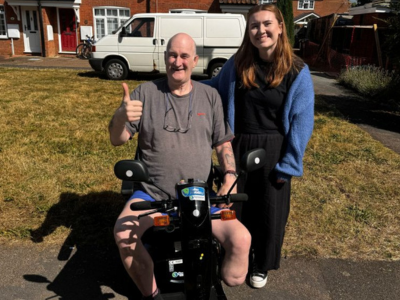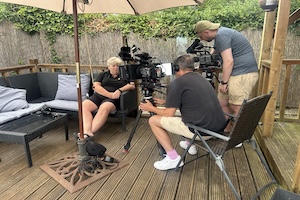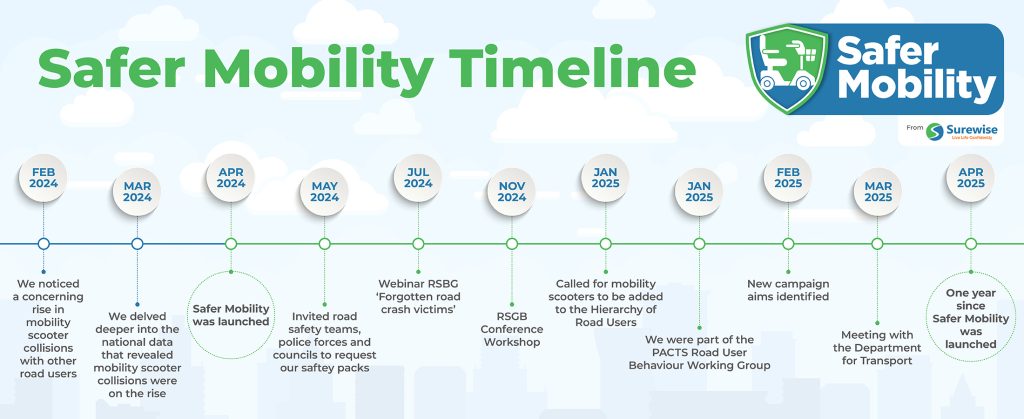The Paris Olympics officially kicked off at the end of last week, 26th July 2024, with France’s capital expecting to welcome around 15 million visitors to the Olympic games over the next two and a half weeks.
Of those 15 million, 350,000 visitors are estimated to have disabilities, and the ability of Paris officials to meet the accessibility requirements for an inclusive Summer Games has been under heavy scrutiny in the run up.
“Paris will be accessible. We are rising to the challenge,” said Fadila Khattabi, the minister delegate for disabled people.
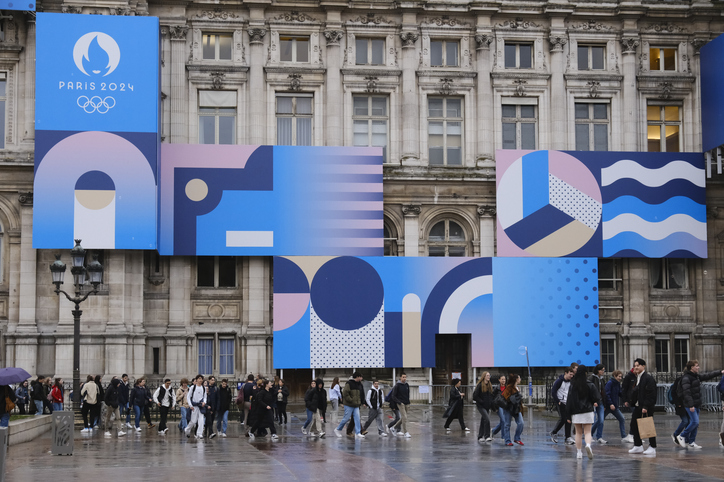
Bus & Taxi Infrastructure
By the time the Games open, the city said it aimed to have 1,000 wheelchair-accessible taxis (it had just 250 in 2022), and Uber will expand its fleet of accessible vehicles to 170.
Additionally, Parisian authorities have invested €125m (£107m) in the city’s buses in the run-up to the Games, which are all now accessible and can accommodate two wheelchair users each.
While bus travel is now more convenient for disabled people visiting Paris during the Summer Games, it must be pointed out that travel by metro is still the far more convenient mode of travel in terms of time, so disabled people are still being put at a disadvantage.
According to the Paris2024 website, the following provisions are available to disabled people when travelling to a Paris 2024 venue:
- 150 accessible shuttles operated by IDGM (must hold a PWD or PIW ticket), available from seven Parisian stations and the Rosa Parks station for the price of a metro ticket
- 1,000 accessible taxis
- 130 accessible stations on the Transiliien network
- 650 additional parking permissions
Lack of Disabled Access to Metro
One of the most disappointing parts of Paris’s accessibility drive is the lack of improvement to disability access to the metro.
Andrew Parsons, president of the International Paralympic Committee, told the BBC that he was disappointed more improvements to the Metro had not been made. He said that more improvements would have required a change in the law and “monumental” investment to make a significant impact in the seven years of preparation.
“It made it virtually impossible,” he said
As it stands, only one of the 16 Metro lines is fully wheelchair-accessible, with lifts, step-free access and no gaps between the trains and platforms.
In addition, Braille markers have been added to handrails and audio announcements have been brought in to make stations more accessible for some disabled people – but there is still a vast amount of the Paris metro which is inaccessible for people with disabilities.
Olympic and Paralympic Village
In the newly built 128-acre Olympic and Paralympic Village, which has been hailed as a core example of inclusive design, there are accessible buildings, multi sensory signage, and assistance dog zones.
With the games only in its first week, it remains to be heard how well France’s capital has lived up to its promises to make Paris a more accessible city for disabled visitors.
As the games continue, we’ll be listening and sharing what others have experienced in our efforts to help disabled people be heard.
Want to learn more about raising awareness for accessibility? Take a look at our Safer Mobility campaign, raising awareness for all mobility scooter users in the UK.




